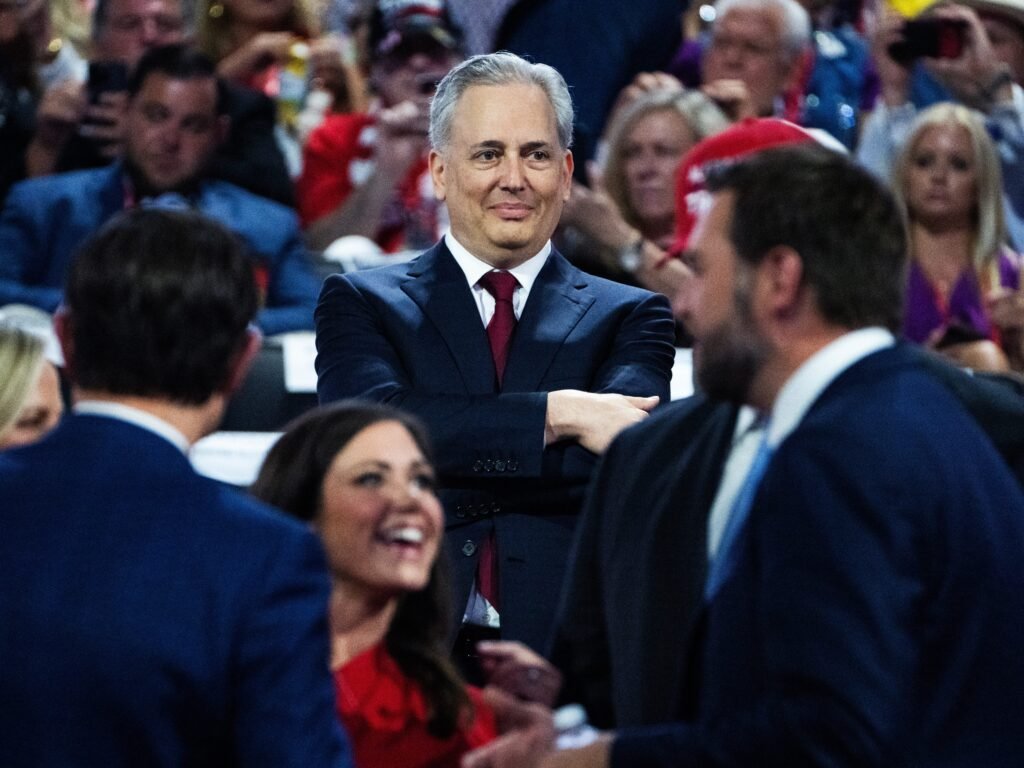
Tom Williams/CQ-Roll Call, Inc via Getty Images
- David Sacks said on the All-In podcast that US-made chips should have strong export controls.
- He said some Western tech companies turn a blind eye to existing rules.
- Sacks said the Bureau of Industry and Security could use more resources to enforce export controls.
David Sacks, the White House’s AI and crypto czar, is a strong proponent of DOGE‘s work to slash the size of the US government.
But one area he said could use more resources is at a little-mentioned federal agency, the Bureau of Industry and Security, which enforces export controls on US-made chips.
During Friday’s episode of the All-In podcast, Sacks said China continues to get its hands on regulated chips from the US despite export controls.
“I think clearly the shell companies, the front companies, are set up by either the Chinese government or entities in China to evade the export controls because ultimately they want the chips,” Sacks said.
The US government has implemented restrictions and rules around China’s ability to get US semiconductors, including those from Nvidia. On Wednesday, Nvidia said it expects a multibillion-dollar charge due to a licensing requirement to send H20 chips to China.
The White House advisor added that another issue is that Western companies will ignore where their chips end up.
“I do think there are a lot of Western companies that will look the other way or turn a blind eye and just haven’t been enforcing the rules as religiously as they should because it’s profitable not to,” he said. “This is where I do think that the US government has to be pretty tough.”
Sacks said there needs to be a crackdown on loopholes companies may use to send their chips overseas, and more monitoring and inspection.
According to Sacks, doing so would require more resources for the Bureau of Industry and Security, which is under the Department of Commerce’s purview.
Sacks said he felt the agency was “understaffed relative to the importance” of enforcing export controls.
“This is one of the few areas of the government that I actually think needs more resources,” Sacks said.
A BIS spokesperson did not immediately respond to a request for comment.


